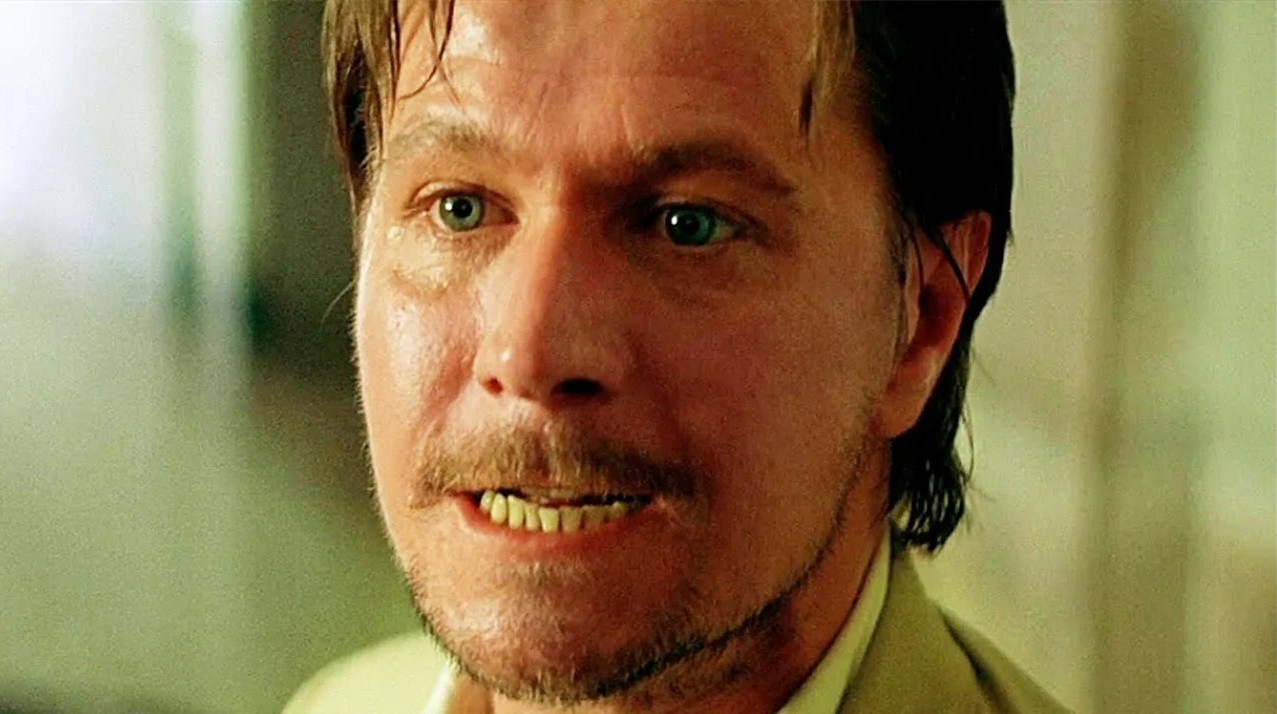
Joseph Campbell directed our attention towards the idea that a story’s protagonist was supposed to have a specific set of traits in order for that character to be enriched. This list of requirements, titled “The Hero’s Journey”, ensured that a narrative interacted with a lead character in perfect form.
When utilized properly, The Hero’s Journey can help a writer or filmmaker figure out fundamental problems that may be hindering their visions (and allow them to correct them). In the end, it is a helpful guide.
Of course, rules can be broken, and many greats try to leap outside of these blueprints to spare being comparable to anyone else that uses them. Then, there are these kinds of films that almost center more around the main villain of a picture more than a hero.
If these films don’t focus on the baddie, they certainly make these characters stand out more than the protagonists. I am explicitly avoiding any film with an anti-hero, because that kind of character is a little different. No. These are films where there is an explicit hero, but the villain is so likeable that it is almost impossible to root for the good team. Here are ten films where the villain is better than the hero.
10. Se7en – John Doe
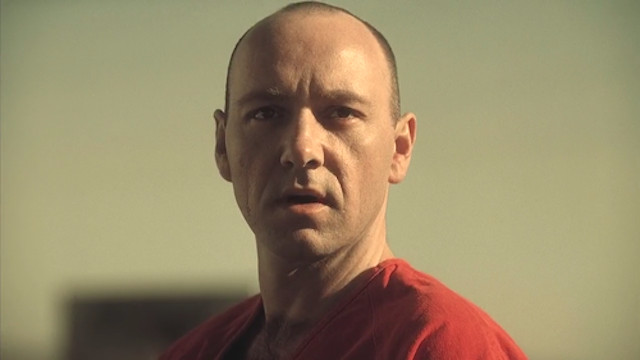
I think it’s only appropriate that this villain carries an ironically nameless moniker. We get introduced to John Doe later on in Se7en, and at that point the entire shift of the film slides towards him, as if a ship tilted and every piece of luggage fell to one side of the vessel. We see crimes committed in the name of the biblical seven deadly sins, and each crossing-off of a previous sin only makes us go crazy wondering what crimes will embody the remaining sins.
We reach the infamous climax with the film’s biggest question: what is in the box? At this point, our detectives look almost foolish underneath the somehow-powerful John Doe. John Doe has dictated a good chunk of the film’s narrative to the point that he really does become the main character at some point.
9. Drive – Bernie Rose
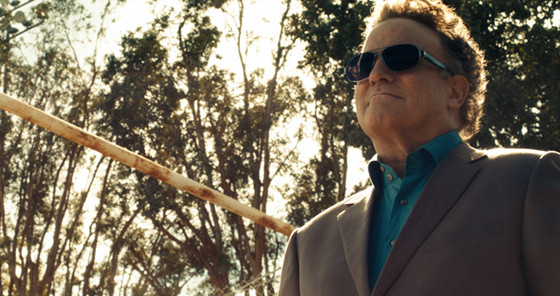
Bernie really is not the main character in Drive, but Albert Brooks’ against-type acting is so damn good that he steals every single scene he is in. We follow a mostly-silent, stoic, nameless driver for most of the film. Our hero lets his actions speak for himself. As captivating as this driver is – despite his minimalism –, it is impossible to not feel the impact that Bernie has, especially in contrast to the reserved driver.
Bernie is not charming, but he is devilish. He genuinely knows the underworld inside and out. We never know what to expect from him, whether it be an ambush from his goons or a deceptive handshake. When he makes a statement, the whole world stands still. When he says you will be followed for the rest of your life, you better believe it. How is Albert Brooks so good at being so bad? He’s usually the source of joy in a film!
8. Leon: The Professional – Norman Stansfield
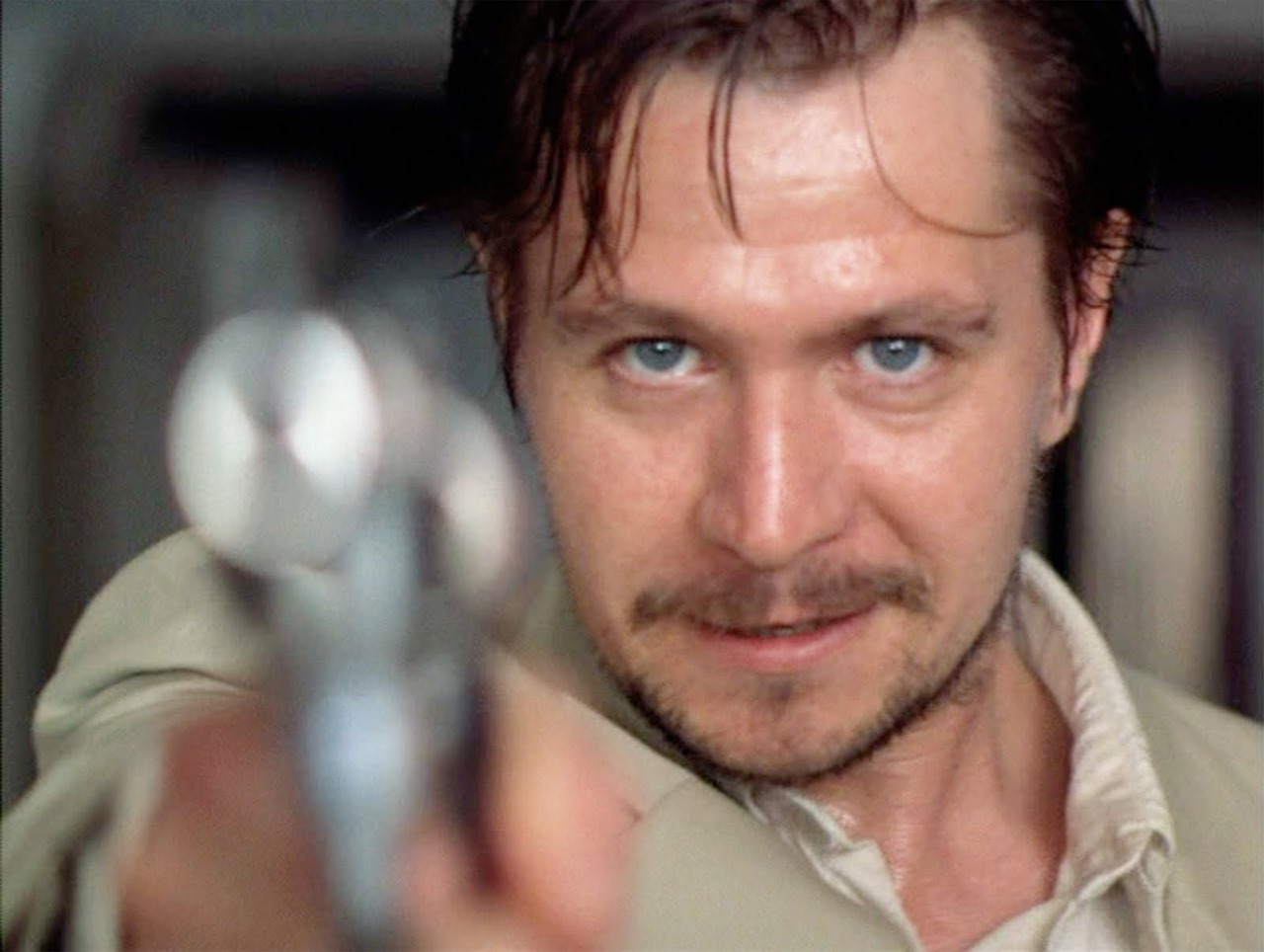
Come on. The name of the film is based on the hero! Mathilda is the archetypical child stricken with grief in any film in recent memory. Yet, Gary Oldman’s drug-geared criminal warlord is so excessive that he is brilliant. He screams whenever he damn well feels like it. He dances mid-step because he can. He is unpredictable in every sense of the word, and it heavily goes against the calculated ways of Leon and Mathilda. The vengeful child and her new guardian angel of death have to plan everything out very carefully.
With Norman Stansfield, you never know where you stand (even if you’re one of his minions). When he does catch on to a scenario, it is genuinely frightening, because you were hoping that the leads would not be caught. Leon: The Professional is a dangerous-feeling film, but most of that stems from the uncertainty of the psychotic villain at the center of it all.
7. City of God – Lil Ze

City of God is certainly a wild ride, and it is as heartbreaking as it is exhilarating. The villain just rises on top of this film, because we witness the true death of innocence through his evolution. Lil Ze was just a kid previously known as Lil Dice. He and his friends had to learn how to get by in the slums of Brazil. Sadly, making ends meet by any means can turn one’s heart cold. Lil Dice, played frighteningly well by
Douglas Silva, learns the power of a gun in one of the film’s most jaw dropping moments. This boy is learning about death, yet he adores it. He grows into Lil Ze, now played by Leandro Firmino da Hora, and is an established drug lord.
We miss the maturation process between the two ages, but we know that Lil Ze is hardened. This is his life now, and nothing will change that. It is devastating, but we are also very fearful because we know what he is capable of. Do we sympathize with him, or do we hate him for what he does? In a film about perspectives, we cannot help but be pulled in by Lil Ze’s story.
6. Gangs of New York – William “Bill the Butcher” Cutting
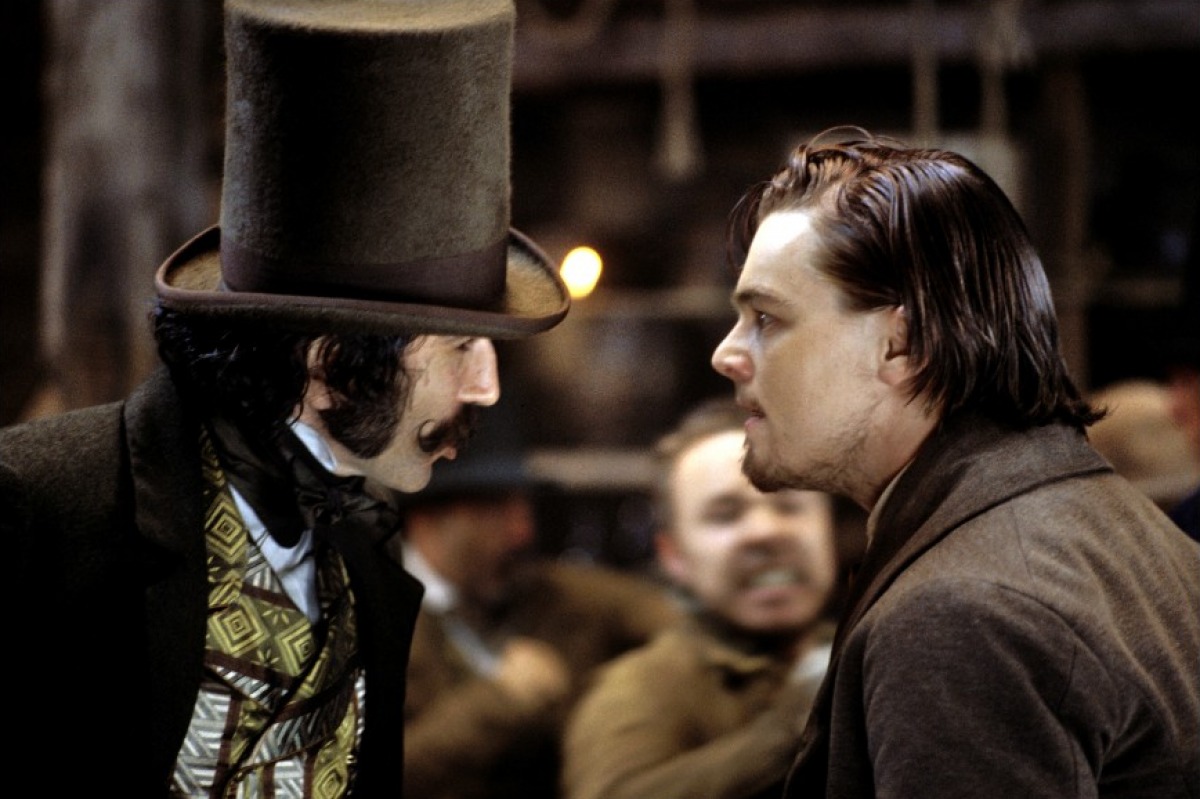
Remember the first time you saw Bill the Butcher tap his glass eye with a sharp knife? It’s one of those cinematic moments that shakes you to your core before you’ve even started this epic. As the years go by, Gangs of New York kind of slides down the list of people’s favourite Scorsese films.
As this decline happens, one thing stays in place: Daniel Day-Lewis’ Bill the Butcher is the primary reason to revisit the film. He is hilariously foul-mouthed. He is as violent as he is charming. Everything about him is cunning, like he were a fox toying with his prey before going in for his kill.
Sixteen years after the film’s release, it is almost impossible to care more about the rest of the film’s events over Bill the Butcher’s rise as a tyrannical figure. He never showers. He eats his steaks disgustingly rare. This guy barely minds for himself, so he certainly won’t give a worry about anyone else. His carelessness makes him so damn fascinating.